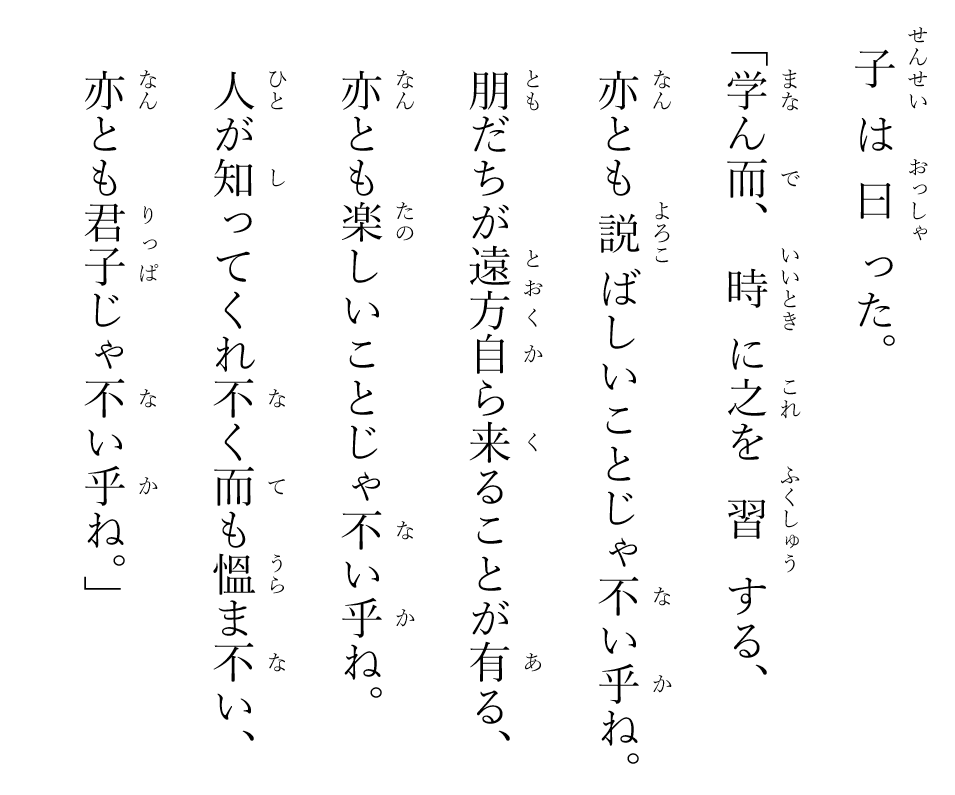Tuhan × Tuan + Tuha × Tua + Tuah
Part I. Tuhan توهن and tuan تون
In Old Javanese, tuhan (2047:2) means

In Uttarakāṇḍa 46.22, we have:
saṅrākṣasa pati saṅ tuhanta
(The venerable Lord of Demons, the revered Master of Us All). In Ślokāntara (Sharada Rani 1957) 36.12:
hana kawula hana tuhan
(There exists the slave, and there exists the master). In Arjunawijaya (Supomo 1977) 41.1, we have:
tuhankw induṅ saṅ lwir hyaṅ i lĕṅĕṅ i lĕṅlĕṅ niṅ udadhi
(My lord is the sheltering one, like a deity dwelling in the depths of the ocean’s darkness). In Sutasoma 8.1, we have:
Ahânaku tuhanku ah sipi lalista
(I eat, my master. Ah, this is very cruel). In Cohen Stuart (1875) (878) IV.4: 1179:12, we have:
saṅ tuhan niṅ kanāyakan pu M. Passim.
(The honorable Lord of the Community, Mister M. Passim)
- The usage of tuhan in Old Javanese is similar to what we find in Chinese, such as 大人, 老婆大人, or 女儿大人. The classical orthography for tuan is different from the modern recommendation by DBP, i.e. تون, the aleph is not explicitly written. Also in old Jawi manuscripts, tun is spelt with a latent u, i.e. تن. Both tuhan and tuan are not found in the new Kamus Etimologi Bahasa Melayu Dewan, edited by Rusmadi Baharudin et al. (2024). However, tua can be found in p. 816 and the following explanation is given: . . . perkataaan ini diwarisi daripada kata bahasa Melayik Purba *tuha. Kata ini juga terdapat dalam bahasa Melayu-Jawanik Purba *tuhaq. Kedua-dua kata purba ini diturunkan daripada kata bahasa Austronesia Purba *tuqaf. Kata bahasa turunan lain yang mewarisi bentuk kata yang sama seperti bahasa Melayu ialah bahasa banjar tuha, kata bahasa Sunda mitoha? yang bererti mentua, kata bahasa Amis to?ass, kata bahasa Manggarai tu?a, dan kata bahasa Tonga matu?a yang bererti orang tua. Dalam bahasa Melayu, kata ini sama maknanya dengan bahasa purba dan bahasa turunan lain kecuali bahasa Sunda . . . Wilkinson (1901) spelt both tuha and tuwah/tuah as توه but his spelling for tua/tuwa is تو
- Saṅ (1658:12) is similar to the Malay honorific Sang, it is a particle used before a noun designating a person of a certain rank. Rākṣasa (1492:5) is a Sanskrit word for demon in general, or an evil or malignant demon. ‘Ta' is a second-person pronominal pronoun, together, ‘tuhan + ta' means your Lord. Pati (II, 1322:1) is a Sanskrit suffix for master, lord, ruler (e.g. bhūpati, narapati, etc).
- Kawula is the opposite of tuhan.
Udadhi is a Sanskrit word for sea or ocean. Lwir means appearance, form, likeness, kind. Hyaṅ is the Javanese word for god or goddess. Induṅ means mother or a motherly figure. Lĕṅĕṅ is reference to a state of daze, of being unaware of things about one, low consciousness. lĕṅlĕṅ = bewildred, bedazzled.
- Lalis = heartless, cruel. Sipi = very, to a high degree.
- Genesis 3:11. And he said, “Who told you that you were naked? Have you eaten from the tree that I commanded you not to eat from?” Makakoan Hatalla: Aewe djari masumanakam, ikau halowai? Djari ikau kuman bua bara batang ta, idja ingahanaku ikau, koangku: ala ikau kumae?
- Tuhan means chief, leader, commander. Kanāyakan (nāyaka नायक) means a group of people under the governance of a nāyaka. Niṅ is a connective particle which can be approximated by in, on, by through, with (depending on the exact context of the sentence). Pu is functionally equivalent to mpu, which means a distinguished person, master or lord.





Comments